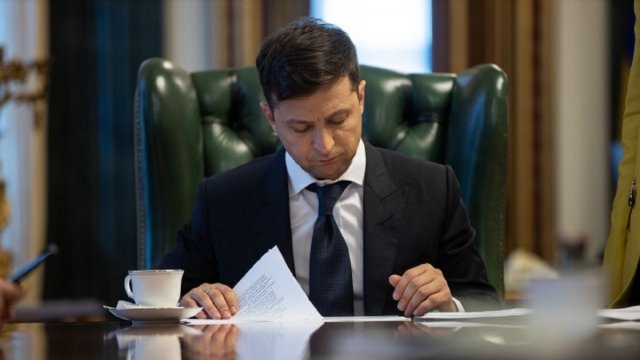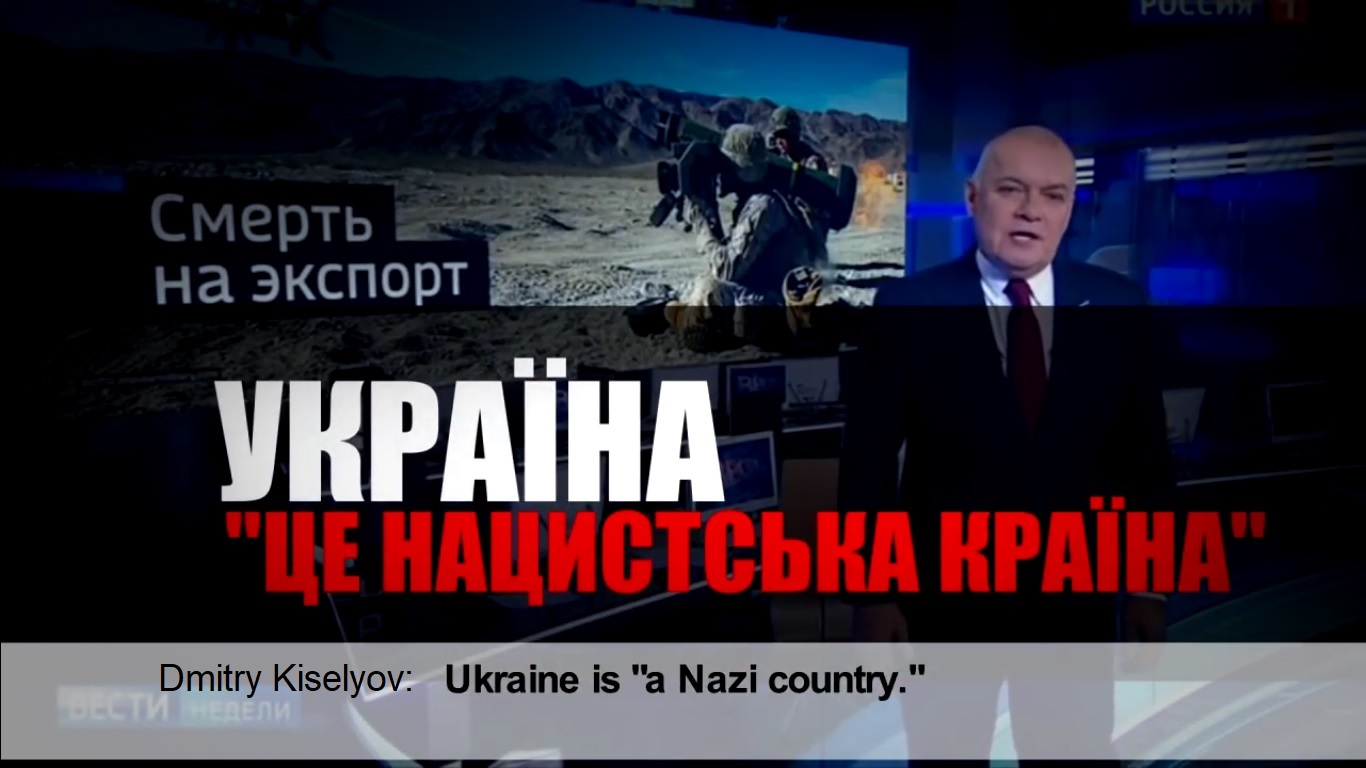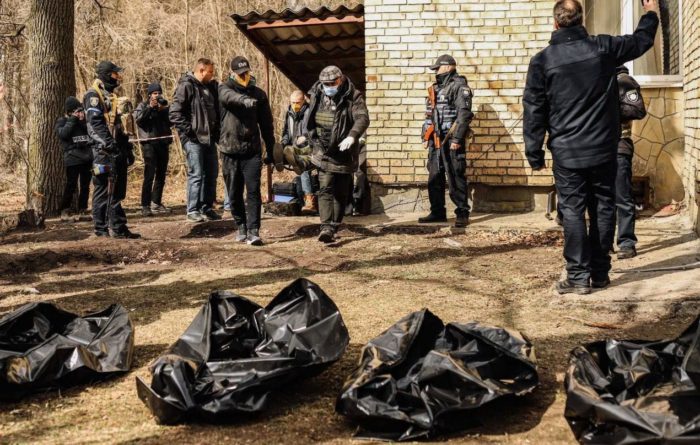Zelenskyy signed the decree prolonging the ban, 24 hours before the previous one would have expired. A day earlier, MP Roman Lozynskyi, Holos faction, collected 150 signatures to initiate an extraordinary session of Parliament where a resolution calling upon Zelenskyy to prolong the decree (prepared by the Security and Defence Council) was adopted.
The ban helps fighting Russian propaganda, but Ukrainian alternative platforms and software can help even more
During his pre-election campaign
, Zelenskyy was skeptical about the efficiency of the sanctions against Russian social networks. Now, having been in power for more than a year, he is in support of the ban. During the last three years, the ban has significantly reduced the audience of Russian social networks (Vkontankte, Odnoklassniki); e-mail service (Mail.ru); search platform (Yandex); and other platforms and IT companies. However, users can still access these services using a VPN. At the same time, Russian bots are also successfully operating through Facebook and Viber.
According to the Ukrainian analysts working for the NATO StratCom, the ban of Russian social networks led to diminishing activity in networks from Ukraine four-fold. At the same time, those who are logging onto the networks through the VPN have become more radicalized against Ukraine than average users. In general, people who continued using Russian internet services, despite the ban, started posting more anti-Ukrainian content.

Zelenskyy also lifted sanctions from companies of the “1C” Group that were developing accounting software for Ukrainian companies, as well as for the government. These companies were working mostly in Ukraine but were owned by Russians. Reportedly, 1C was behind hacker attacks against the Ukrainian government in 2016. Yet, after the first sanctions in 2017, Ukrainians continued using 1C software -- due to few alternatives. This ban did not work, and the company still holds 98% of the Ukrainian market today.
Why the ban is not censorship
Critics of the ban often claim it limits freedom of speech -- in particular, pro-Russian party Oppositional Platform says so. The party was against the ban in 2017. This year, they voted once more against the Parliament’s resolution that urged Zelenskyy to sign the prolongation decree.
It is important to clarify that the government does not ban content per se. Rather, it limits access to Russian media platforms and social networks. This limit can be violated in Ukraine by a personal user who would not be fined. It simply requires a little more time to access banned products.
Such a policy is proving to be an effective tool to properly balance the need to limit fake and Russian propaganda while securing the freedom of speech. Noteworthy is that this is a typical tool used by countries against pornography. Mykola Riabchuk, Ukrainian journalist and political analyst, states the intent is not to ban fully, but to render access far more difficult, for example, not immediately available on the first page.
The Security Service of Ukraine (SBU) also recommended that the president prolong the ban on Russian social networks. Yet, limiting access to Russian disinformation at all is the hardest task for Ukraine. The recent incident in the village of Novi Sanzhary is an example. Manipulated by virtual curators from Russia, locals in this village rioted in protest of the arrival of Ukrainian evacuees from China, because of the distortion of facts about COVID-19 and the supposed danger posed to the villagers.
The SBU regularly discloses bot farms or individuals in Ukraine that are managed from Russia to spread disinformation. In particular, the activity of bots has increased since March, to start panic in Ukraine due to coronavirus. The Russian disinformation campaign is also advocating to overthrow the constitutional order in Ukraine.





